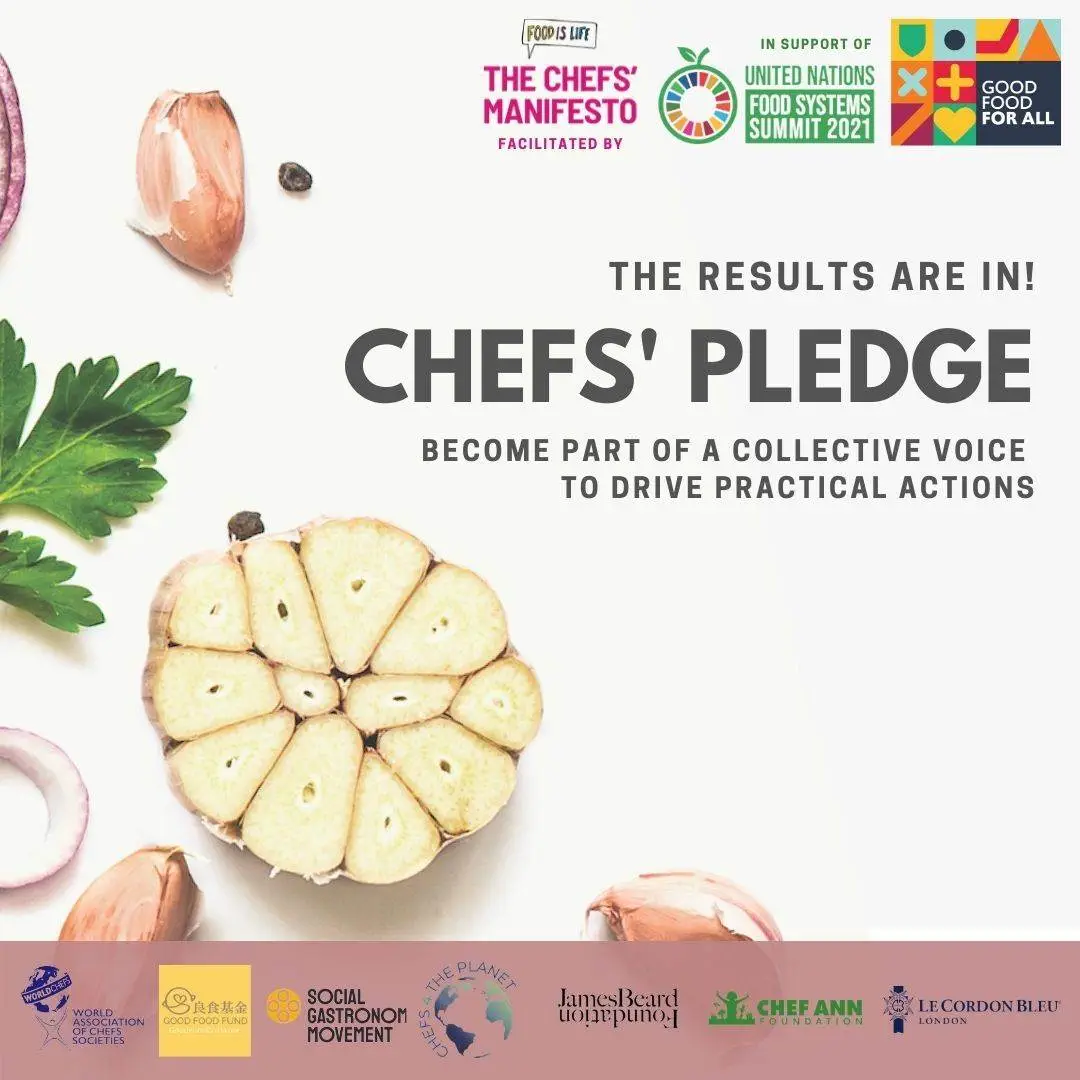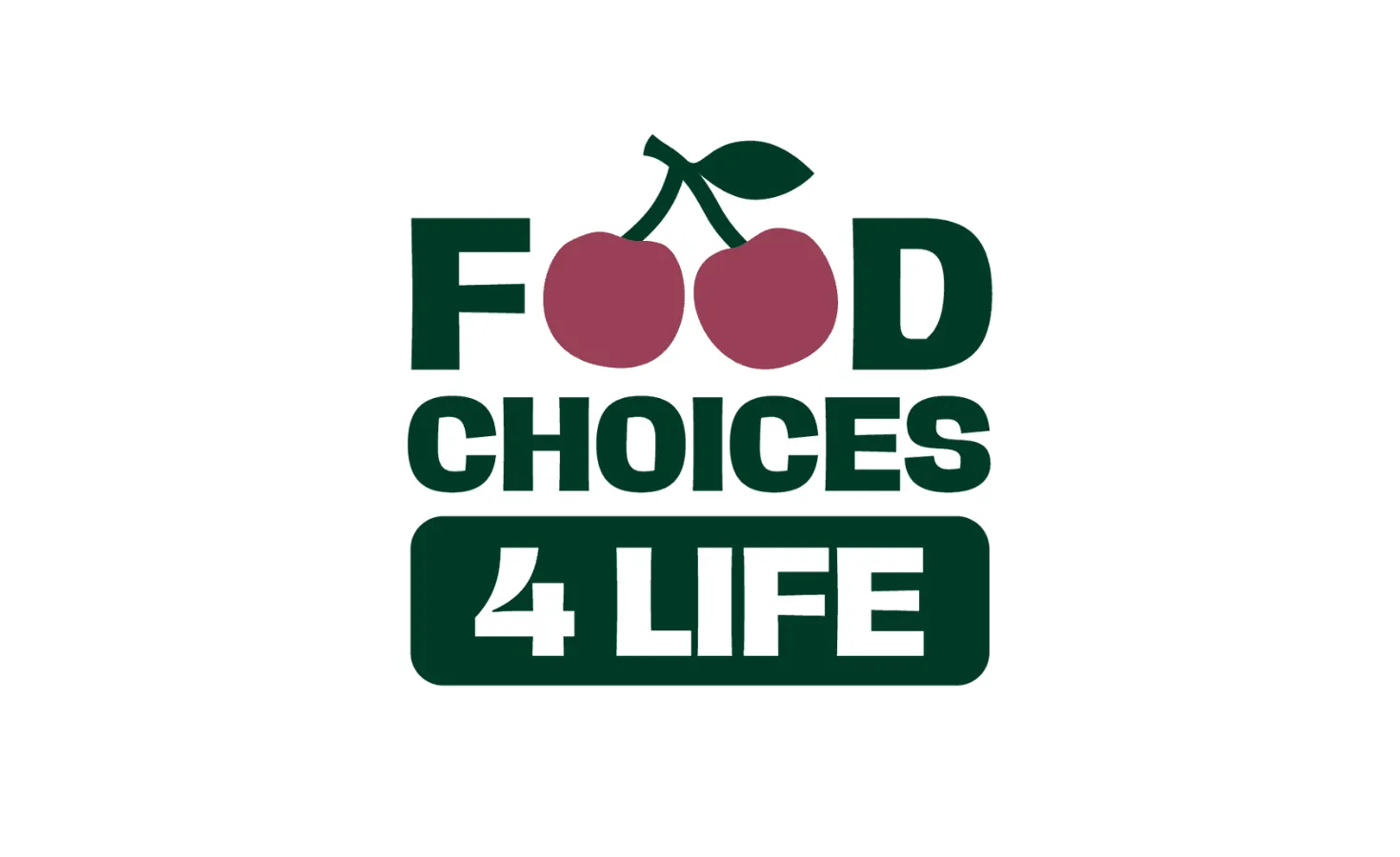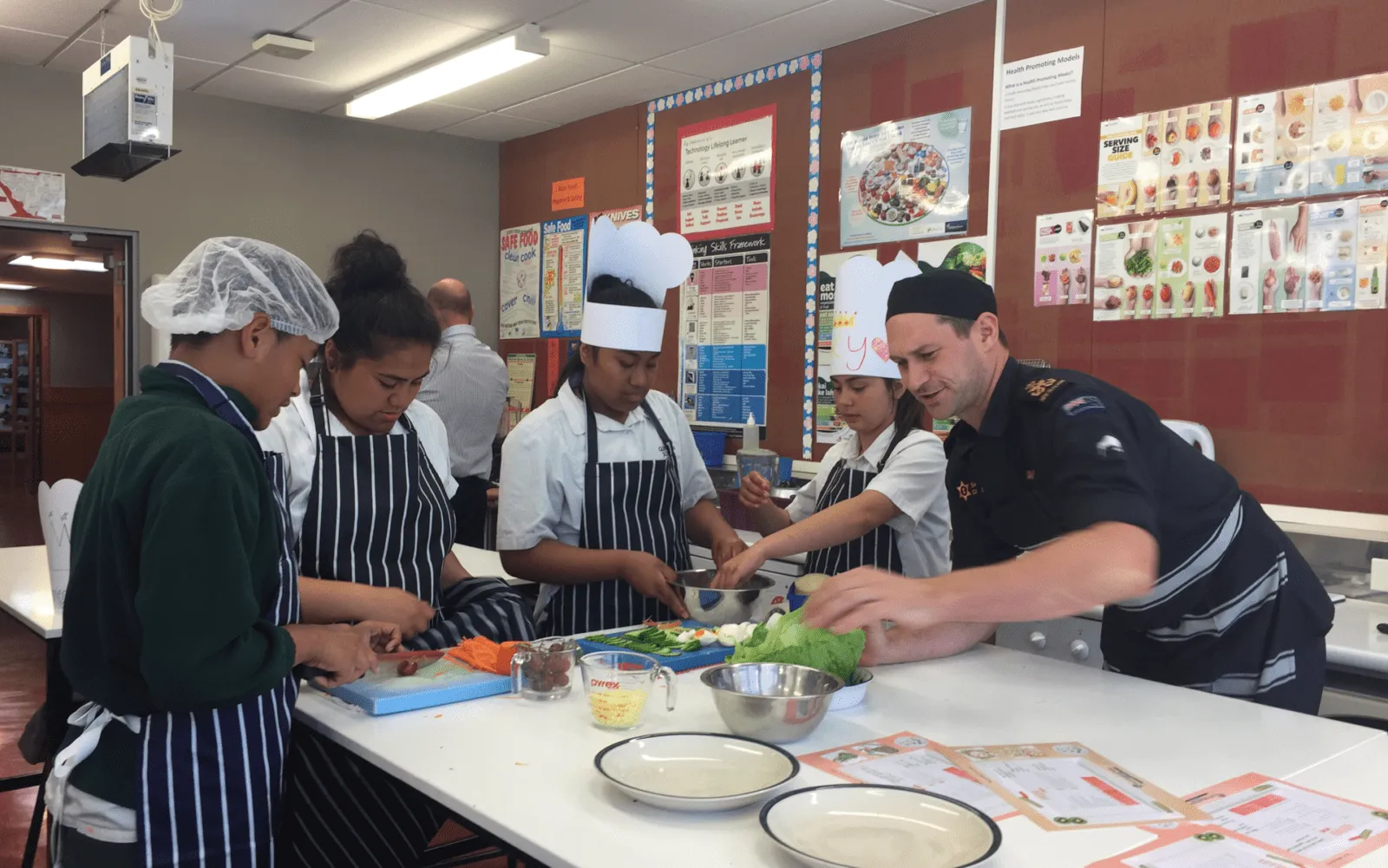
Chefs together, can change the world!
Earlier this year, the Chefs’ Manifesto, together with several partner networks, conducted a survey titled, ‘Chefs’ Pledge’. The intent was to learn from participants, what the top practical actions are that chefs can take to actively engage in transforming food systems, to ensure good food for all. Based on the Chefs’ Manifesto Thematic Areas, the aim was to further narrow and focus the SDG roadmap for chefs.
Drum roll please… the results are in!
The survey was conducted from late February through to May, inviting participants via social media, direct email, through our partner networks and various campaigns.
For each of the Chefs’ Manifesto 8 Thematic Areas, participants were asked to rank in order which action, taken from the Chefs’ Manifesto Action Plan, would enact the most change for food systems transformation once implemented. The following is an analysis of the results.
The results show the actions that received the highest percentage of number one ranked votes. A further, more detailed analysis of all the ranked actionable outcome will be available via PDF soon.
(Please note, any discrepancy in the percentage figures is accounted for by respondents who may have skipped a question.)
Demographics
The Chefs’ Manifesto surveyed respondents from in excess of 50 countries, with a wide variety of skills and expertise, with a common goal: to make positive transformation to our food systems and provide good food for all. Survey participants identify as being engaged as one of the following: a chef; a cook; a culinary student; other (Figure 1).

Figure 1
To capture the diversity of the survey participants, a geographical location was requested. Participants identified as being from 6 continents, including Africa, North America, Latin America, Asia, Australia and Europe. Over 50 countries were represented – WOW – including, but are not limited too: India, the Philippines, Ghana, Slovakia, South Africa, Colombia, China, Brazil, Mexico, Ireland Australia, Austria, New Zealand, Kenya and Switzerland.
Survey Questions
Thematic Area 1: Ingredients grown with respect for the earth and its oceans
Action 1: Get to know your ingredients – how they are grown, reared or sourced – and how to choose ingredients with the lowest impact on the environment (38%). Action 2: Using your purchasing power by choosing producers or suppliers who work sustainably and to only buy from the sources who share your values (28%). Action 3: Lead by example and champion sustainable ingredients and producers through your menus and in your restaurants (34%).
The data concluded that the majority of participants believe Action 1 – getting to know your ingredients – is the most important step that chefs can take, to respect the earth and its oceans and enact real change. For more inspiration visit here.
Thematic Area 2: Protection of biodiversity and improving animal welfare
Action 1: Leading by example through maintaining the rich diversity of the world’s natural larder by using different varieties of plants, grains, and proteins and to champion “wild” variants and avoid monoculture (31.8%). Action 2: Leading by example through raising awareness about the importance of free-range eggs, sustainably sourced fish and animal welfare on our menus and in our restaurants (21.8%). Action 3: Use our purchasing power through choosing producers who commit to higher animal welfare standards and avoiding industrialised livestock production (19.4%). Action 4: Use purchasing power to choose only fish and seafood that is abundant and sourced sustainably (27%).
Voted the most important action to enable the protection of biodiversity and improve animal welfare for participants, is to lead by example through maintaining the rich diversity of the world’s natural larder by using different varieties of plants, grains, and proteins and to champion “wild” variants and avoid monoculture. For more inspiration visit here.
Thematic Area 3: Investment in Livelihoods
Action 1: Get to know your ingredients: who grows, harvests, sources and packages them? Investigate the journey from farm to fork and reduce the number of the intermediaries between you and the farmer (23.4%). Action 2: Use your purchasing power to choose products that are priced fairly, to enable a viable livelihood for farmers and suppliers (13.5%). Action 3: Use your purchasing power to support more farmers to access marketplaces through choosing to buy from small-scale producers (13%). Action 4: Lead by example through paying fair wages, promoting equal opportunities and providing training within your restaurants (15.8%). Action 5: Lead by example through providing training and mentoring to help your chefs (15.8%). Action 6: Spread the word and promote the empowerment of women across the sector. They are often underserved and underrepresented and further support is required for female farmers, female producers and female chefs (18.5%).
The data showed that the most important action for participants is to know all about the ingredients and uncover the journey from farm to fork. For more inspiration visit here.
Thematic Area 4: Value natural resources and reduce waste
Action 1: Lead by example through separating, monitoring and setting targets to reduce food waste. It is also about managing food safety processes and use by dates to avoid wastage (15%). Action 2: Lead by example through planning food orders and menus to minimise food waste through offering smaller portion sizes (11.9%). Action 3: Lead by example through using the whole ingredient and encouraging nose to tail, root to leaf eating. It is about being creative through pickling, preserving, dehydrating and freezing (11%). Action 4: Use your purchasing power to engage with suppliers and producers to help incorporate surplus produce into menus (10.6%). Action 5: Become a community food champion and re-distribute surplus food through community sharing and food bank programmes or apps (11%). Action 6: Lead by example through being resource efficient and manage water usage to cut costs and protect the environment (13%). Action 7: Lead by example through diverting waste from landfill and to investigate turning food waste into compost or bio-gas . It is about considering offsetting the carbon used in your restaurant or switching to renewable energy sources (14%). Action 8: Use your purchasing power through working with producers and suppliers to avoid excess packaging and to use recycled, recyclable and biodegradable packaging (13.5%).
The participants have ranked the Action 1 – leading by example through separating, monitoring and setting targets to reduce food waste – as the most important. For more inspiration, visit here.
Thematic Area 5: Celebration of seasonal and local foods
Action 1: Use your purchasing power through buying locally produced foods in season and avoiding air-freighted foods (27%). Action 2: Be a community food champion – showcasing local producers and traditional techniques on your menus and restaurants (17%). Action 3: Become a community food champion through engaging with your local community and working with schools and teaching kids about nutritious food and how to cook it (17%). Action 4: Become a community food champion through becoming the connection between producers and consumers. Help to show people where their food comes from by championing farmers and connecting them to diners. Organise events to bring people – young and old – together around good food.(16%) Action 5: Become a food champion through promoting kitchen gardens and urban farming. Encourage people to start growing their own food. (24%).
Participants ranked Action 1 – to use your purchasing power through buying locally produced foods in season and avoiding air-freighted foods – as the most important action when celebrating seasonal and local foods, with a number 1 response globally of 27%. For more inspiration, visit here.
Thematic Area 6: A focus on plant-based ingredients
Action 1: Lead by example to make vegetables, beans and pulses the centre of your dishes (32.5%). Action 2: Lead by example to use less, and better, meat (20.6%). Action 3: Lead by example to champion plant-based proteins on your menus and in your restaurants (20.6%). Be creative in describing vegetable based dishes. Action 4: Lead by example and avoid using words like “vegan” and “vegetarian” which may be off-putting (26.3%).
Action 1 – to lead by example by making vegetable, beans and pulses the centre of your dishes – was ranked the number 1 action most likely to enact change and transform food systems in focussing on plant-based ingredients. For more inspiration, visit here.
Thematic Area 7: Education on food safety & healthy diets
Action 1: Lead by example and showcase best practise on food safety, allergens and nutrition in your kitchens and through your menus. (24%) Action 2: Be a community food champion and support good nutrition education for all- young and old. Volunteer to teach a nutritious cooking class in a school, community centre or care home.(18%) Action 3: Be a community food champion: Educate diners about the importance of eating a colourful plate. (20%) Action 4: Spread the word: Use annual events like International Chefs Day (20 October), World Food Day (16 October) and local holidays to get creative and engage people in nutritious cooking. (18%) Action 5: Spread the word: Use technology as a tool for teaching others. Make videos, run web-casts and on-line campaigns. (20%).
The majority of participants responded that the highest action to enact transformation, would be leading by example and showcasing best practise on food safety, allergens and nutrition in your kitchens and through your menus. More more inspiration visit here.
Thematic Area 8: Nutritious food that is accessible & affordable for all
Action 1: Be a community food champion – support initiatives that provide access to nutritious meals in your communities – whether that be a soup kitchen, food bank or community garden project. (43%) Action 2: Be a community food champion and help raise awareness about what a nutritious meal looks like and how to cook well on a budget.(30%) Action 3: Spread the word by building a chef community across the world to share stories, best practice and learnings on how to help ensure good food is accessible and affordable for all. (18%) Action 4: Spread the word and use social media to raise awareness about food issues and how to be part of the solution. (9%)
The action that was ranked to have the highest impact is to be a community food champion – support initiatives that provide access to nutritious meals in your communities – whether that be a soup kitchen, food bank or community garden project. For more inspiration visit here.
Practical and innovative actions from participants:
At the end of the survey, participants were asked to share practical and innovative actions they are aware of, based on the above thematic areas. A summary of responses is as follows:
- To encourage slow cooked nourishing food
- To collect compostables from local merchants and vendors in order to reduce waste by the landfills in developing countries
- To use a “Think Vegetables, Think Fruits” philosophy
- To promote zero-waste kitchen concept
- To reach more students and families and offer more virtual courses
- To have a menu calendar and engage students in the process of harvesting, preparing, and cooking delicious and nutritious food
- To utilise earth hour platform as an effective tool for awareness
- To create communities with chefs to reach more people
- To develop a solar-powered kitchen in the heart of city centres
- To go local
- To promote the hand-used pasta that is made by semolina and water
- To think about furniture inside your restaurant and select eco-friendly choices
- To have communities at grassroots level that increase the awareness on food waste
- To lobby lawmakers to use government programs to support regenerative food systems
- To help people to learn how to cook on a budget
- To be a school nutrition champion and educate students on nutritious food
- To connect farms with schools
- To donate thousands of rescued meals to local hunger relief programs
- To promote meatless Mondays
- To install bulk organic milk dispensaries
- To offer locally grown organic produce
- To focus more on planet-based food in schools
- To promote the use of locally sourced seafood and beef
- To switch from gas appliances to other electric alternatives
- To promote gender equality when it comes to the kitchen
- To grow your own food
- To support farm workers
- To be aware of how xenophobia and racism play a role in our food systems
- To educate people about the future of food
The Chefs’ Manifesto would like to thank the following partners for making this research possible:
World Association of Chef’s Societies, Social Gastronomy Movement, Chef Ann Foundation, Le Cordon Bleu London, Good Food Fund China, James Beard Foundation, and Chefs 4 the Planet.
To see more about why we conducted this research, please visit here.








